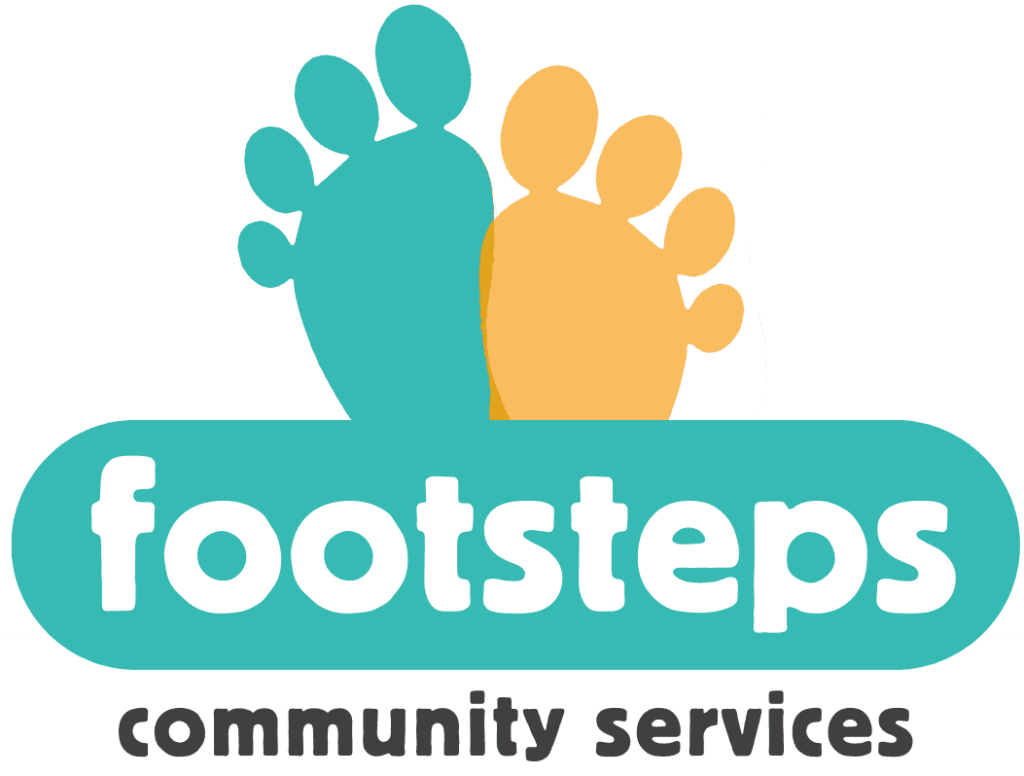
Share this article
The prevalence of disability and mental health conditions among individuals charged with a criminal offence is a significant challenge facing criminal justice systems across the world. Here in Queensland, the situation is no different.
We see the impacts of unsupported mental health challenges across all areas of our society. For individuals facing the challenges of living with a multifaceted mental health condition or intellectual disability, the current system is complex to navigate alone.
As a mental health services provider dedicated to supporting individuals with disabilities and those experiencing mental health challenges, we cannot ignore the urgent need for individuals in contact with the criminal justice system to be adequately assessed for mental health conditions and/or intellectual disabilities.
Criminal lawyers have a role to play in facilitating access to appropriate services for their clients. This not only ensures fair representation, but it also opens pathways to legal outcomes focused on reducing the likelihood of reoffending, rather than solely on punishment.
The prevalence of mental health and disabilities in the QLD criminal justice system
The statistics reveal a troubling reality. It is well-established that people who engage in criminal behaviour are more likely to experience mental health issues.[1] Research shows that individuals with mental health conditions or intellectual disabilities are disproportionately represented in the criminal justice system.
According to various studies, approximately 50% of individuals incarcerated in Queensland have a mental health disorder, while around 30% have an intellectual disability.
Many of these individuals enter the system without a proper diagnosis. For instance, individuals exhibiting behaviours less frequently exhibited amongst neurotypical individuals may be treated as criminals without an acknowledgement of their need for support.
These figures highlight the critical need for early identification and intervention. Without appropriate interventions and support, individuals living with a serious mental health condition and/or disability are at an increased risk of incarceration and reoffending.
The importance of adequate assessment
Receiving a diagnosis is the first step towards appropriate intervention. For criminal lawyers, it is crucial to understand the landscape of mental health and disabilities. Assessment can reveal undiagnosed conditions that may have influenced a client’s behaviour, providing a more nuanced understanding of their actions.
By working with specialised services, lawyers can obtain comprehensive evaluations that support effective representation and advocacy for diversionary programs, rather than purely punitive measures for lower-level offenses where rehabilitation is likely to be effective.
Consider the case of a young man charged with theft. Upon assessment, it is revealed that he has undiagnosed ADHD and anxiety, which contributed to his impulsive behaviour.
With this information, his lawyer may be able to argue for a support plan, ultimately leading to a more positive outcome where the individual receives support for these conditions – empowering him to participate in society and become connected to the community – rather than being stuck in a cycle of reoffending.
Funding pathways in Queensland
Accessing essential services is made easier by the various funding options available in Queensland. The National Disability Insurance Scheme (NDIS) provides funding for eligible individuals, covering assessments and support services. Additionally, Legal Aid Queensland may offer financial assistance for expert reports and assessments in specific cases.
While navigating these funding opportunities may seem complex, the benefits far outweigh the challenges. By securing funding for assessments, lawyers not only enhance their clients’ chances for fair treatment. They also demonstrate a commitment to prevention, addressing the root causes of criminal behaviour and reducing the chances of reoffending.
Reducing the risk of reoffending
Transitioning into the community can be challenging for individuals with mental health conditions or disabilities. They often need to quickly adjust to new situations and navigate through complex service systems.
Research indicates that many prisoners with intellectual disabilities are not identified or supported upon their return to the community. Without the right support, these individuals are at higher risk of returning to custody.
Why more collaboration is needed between criminal lawyers and disability and mental health service providers
Engaging with disability and mental health services can significantly impact legal outcomes for clients. There are several reasons why criminal lawyers should prioritise these assessments:
- Holistic Representation: Understanding a client’s mental health and disability status allows for a more comprehensive approach to their legal representation.
- Improved Outcomes: The likelihood of reoffending can be reduced when adequate support is provided.
- Expert Testimony: Expert witnesses can explain the nuances of mental health and disability in court, aiding in the understanding of a client’s behaviour.
- Commitment to Justice: Prioritising mental health and disability assessments demonstrates a commitment to justice and client welfare.
As a disability and mental health services organisation, we are here to support legal professionals in navigating this complex landscape and working towards a more equitable system. We aim to acknowledge and address the unique challenges faced by individuals with disabilities and mental health conditions.
Footsteps Community Services is a Registered NDIS Provider in Brisbane. Please contact us to discuss the support we can provide in this area.
[1] Mental Health Coordinating Council. (2020). Mental Health Rights Manual. Chapter 6, Section A: Mental Illness and the Criminal Justice System. https://mhrm.mhcc.org.au/chapters/chapter-6-mental-illness-and-the-criminal-justice-system/6c-fines/


